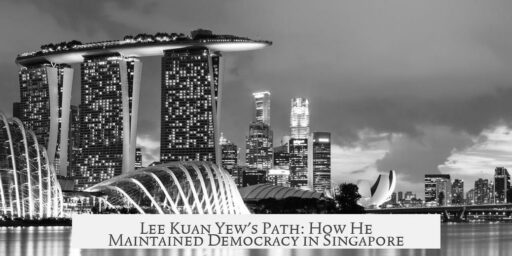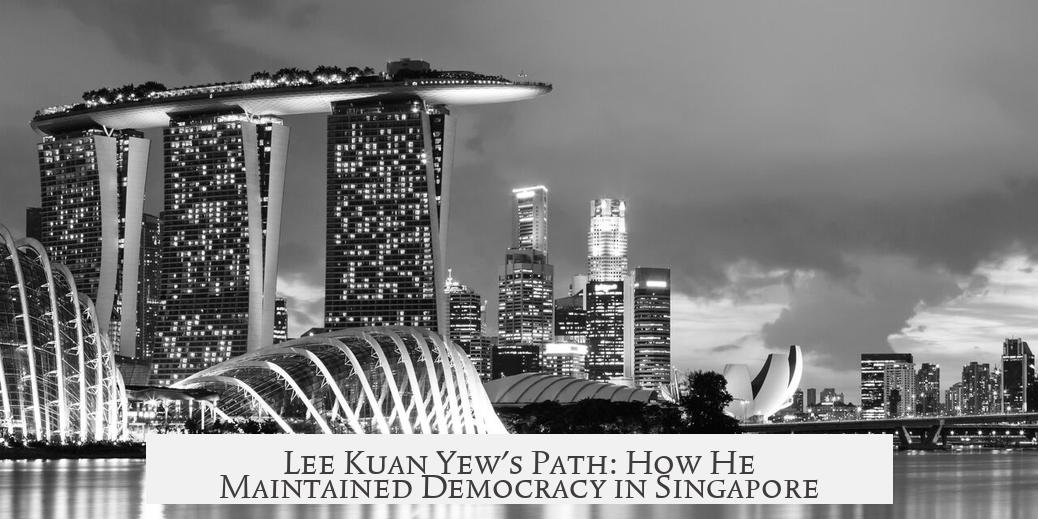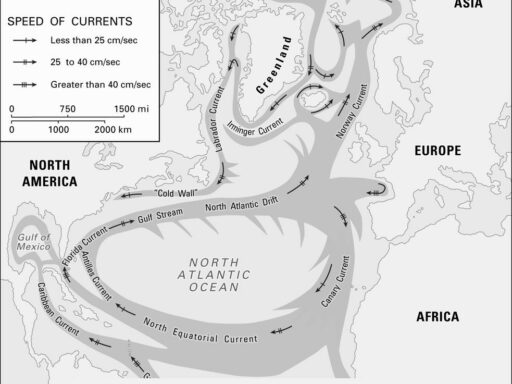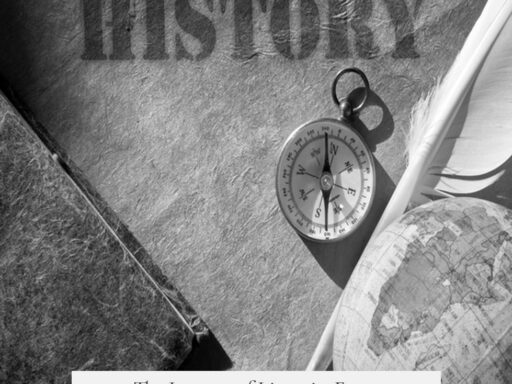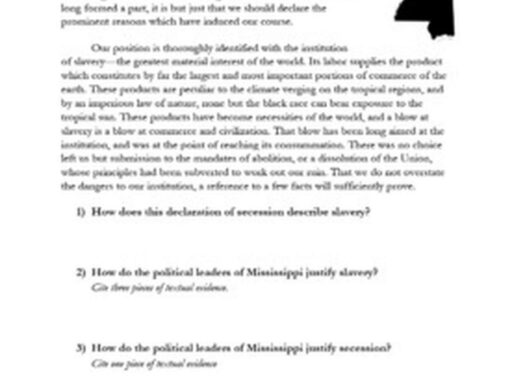Singapore’s Lee Kuan Yew did not turn the country into a dictatorship by maintaining constitutional elections, allowing opposition parties to participate, and avoiding voter intimidation or fraud, despite employing highly centralized political control and restrictive legal mechanisms.
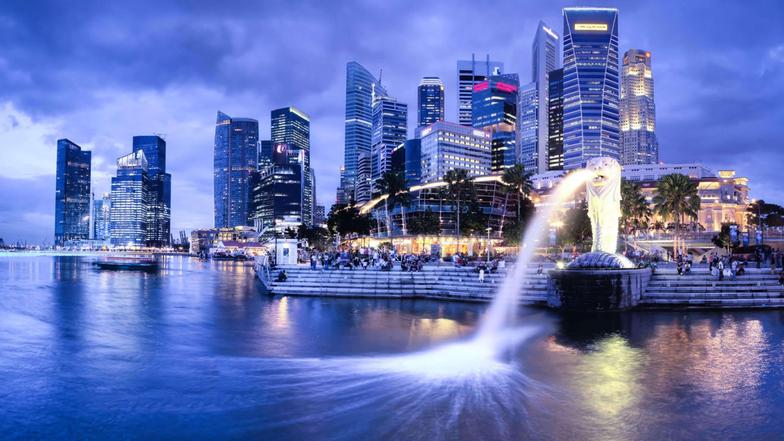
Singapore still holds general elections every five years as mandated by its constitution. These elections are contested by opposition parties and independent candidates, ensuring a veneer of electoral competition. Opposition parties are not legally banned in Singapore. Voter intimidation or fraud has not been reported, and the voting process remains free from coercion.
Lee Kuan Yew (LKY), Singapore’s founding Prime Minister, expressed strong doubts about the effectiveness of Western-style democracy. He viewed the average voter as susceptible to irrational decisions and easily influenced by propaganda. He famously argued that one-person-one-vote is difficult to operate effectively if voters make irrational choices or lack rational alternatives in elections.
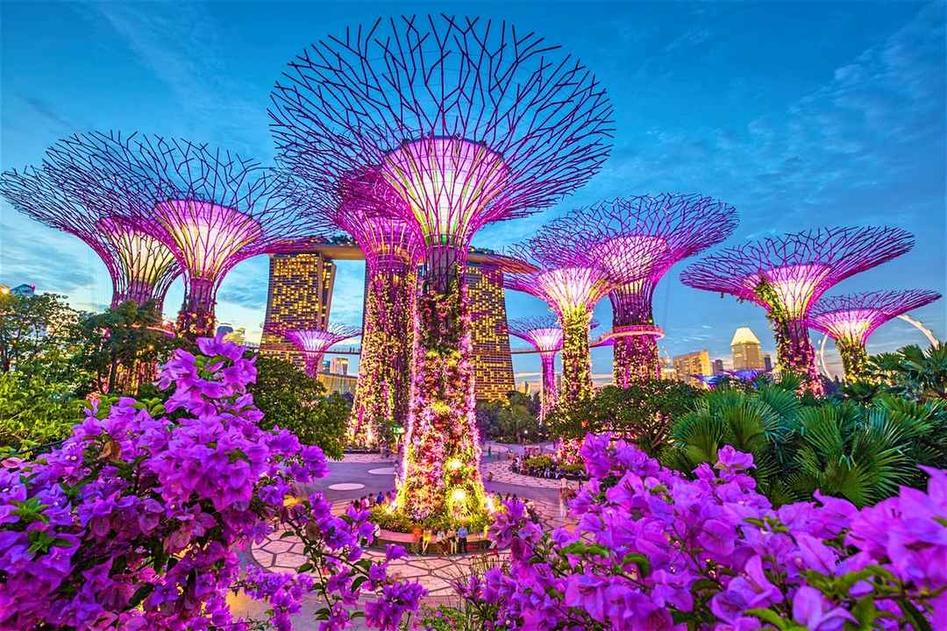
LKY believed that governance required expert judgment rather than relying solely on public opinion. He suggested weighting votes according to societal contribution and protecting minority interests differently, as he thought simple democratic formulas could marginalize minorities. This demonstrates a paternalistic approach in his governance philosophy, favoring technocratic decision-making over unfiltered popular control.
| Aspect | Details |
|---|---|
| Election Frequency | Held within 5 years, constitutionally required |
| Opposition Participation | Allowed, all elections contested by opposition |
| Voter Integrity | No voter intimidation or fraud reported |
| Political Party Dominance | PAP rules with Leninist party structure, controlling power via Central Executive Committee |
| Restrictions on Pluralism | Operation Coldstore redistributed opposition leaders; no effective political alternative exists |
| Judicial Control | Judiciary follows purposive interpretation; cannot question statutes’ validity |
| Limits on Grassroots Politics | Strict media controls, rigid public assembly laws, single trade union authorized |
Though opposition parties participate, actual political pluralism is minimal. The People’s Action Party (PAP) has ruled Singapore since independence. Its leadership resembles Leninist structures with centralized power held by a select Central Executive Committee. This oligarchic setup restricts true political competition. In 1963, the government launched Operation Coldstore, arresting over 100 opposition and community leaders without trial, effectively crippling dissenting voices. Many detainees were released only after cease of political activity.
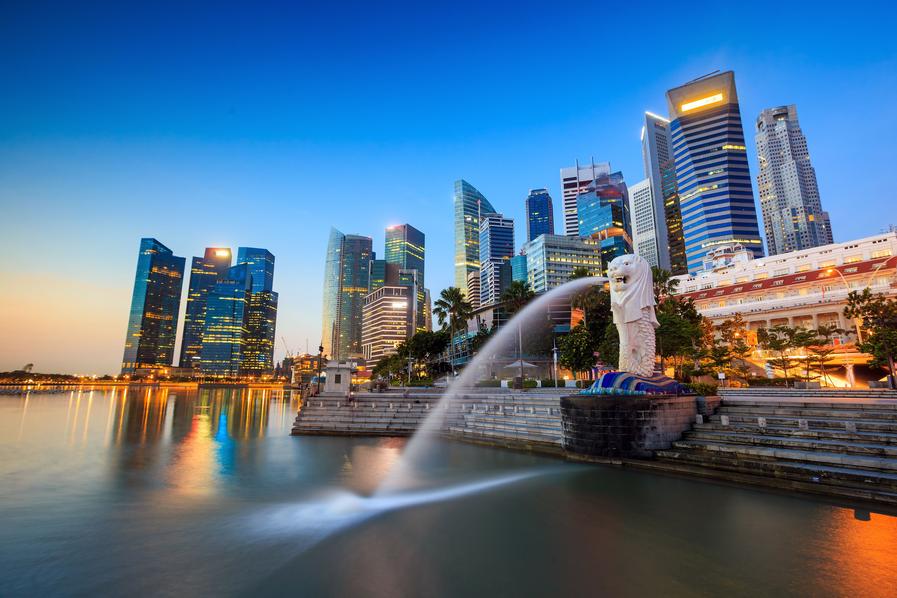
Singapore’s legal framework allows the government to detain individuals without trial indefinitely. The judiciary cannot challenge the validity or motivations behind laws; it must apply statutes as written. This arrangement prevents checks on government power typical in liberal democracies.
Grassroots political activity faces strong restrictions. Media freedom is limited to state-friendly outlets. Public assembly laws strictly control protests and gatherings. Trade unions are consolidated under a single pro-government body, curbing labor activism. These measures severely constrain avenues for opposition and citizen involvement outside official channels.
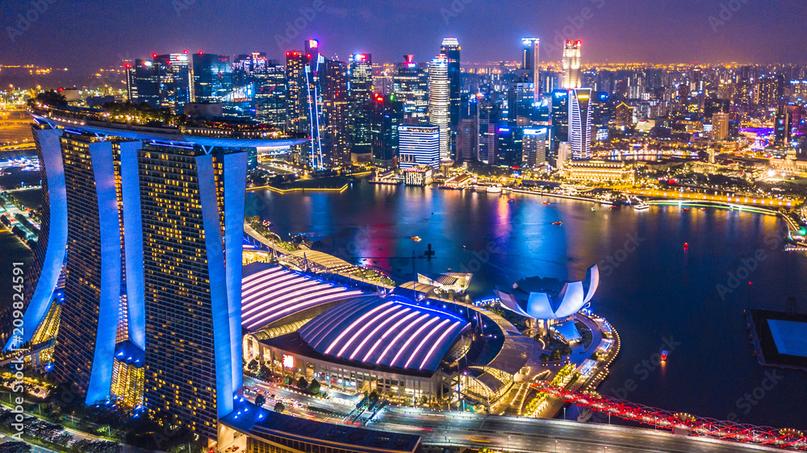
The political system meets several criteria commonly associated with dictatorships: oligarchic leadership, limited pluralism, concentrated power with weak institutional checks, and restricted grassroots politics. Yet, elections and opposition participation averts classification as a pure dictatorship by some standards. The system’s design incorporates democratic elements while maintaining tight control.
Overall, Lee Kuan Yew’s governance combined constitutional electoral processes with strong state control and restriction of opposition influence. He prioritized stability, economic growth, and governance expertise over pluralism and political freedom. Singapore’s case illustrates an alternative model of governance that resists labeling as absolute dictatorship due to procedural democratic practices despite highly centralized and constrained political power.
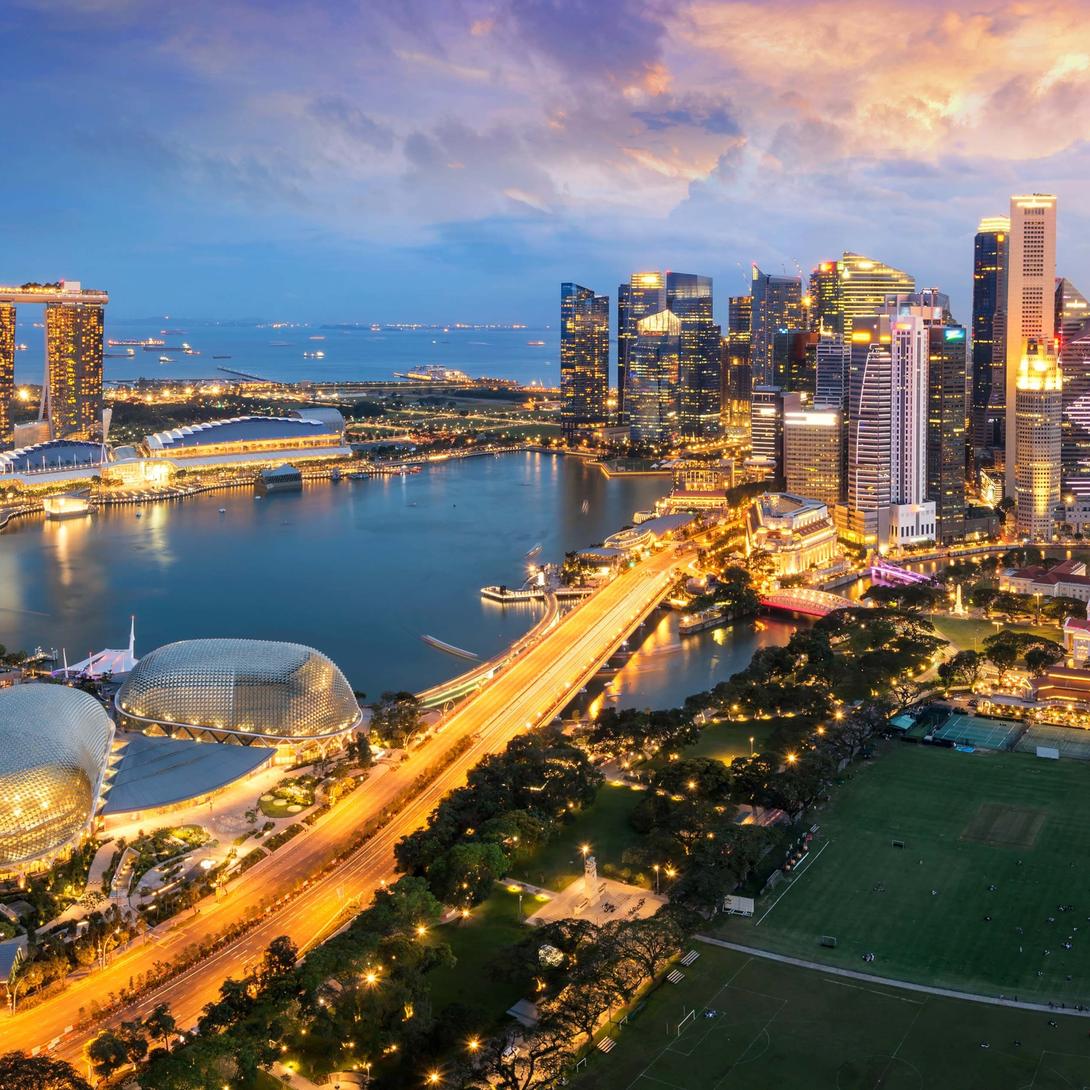
- Elections occur regularly with opposition parties allowed to compete.
- No voter intimidation or fraud ensures procedural fairness at polls.
- Lee Kuan Yew distrusted mass electoral decisions and favored technocratic authority.
- Power is centralized in the PAP’s elite Central Executive Committee.
- Political pluralism is minimal after suppression of opposition leadership.
- The judiciary cannot question legislative intent, limiting legal checks.
- Restrictions on media, assembly, and labor limit grassroots political activism.
How did Singapore’s Lee Kuan Yew not turn it into a dictatorship?
Lee Kuan Yew did not turn Singapore into a dictatorship because, despite exercising strong centralized control, he maintained regular elections, allowed opposition parties to contest, and ensured no voter fraud or intimidation took place. These foundational democratic practices kept Singapore from crossing the line into outright dictatorship.
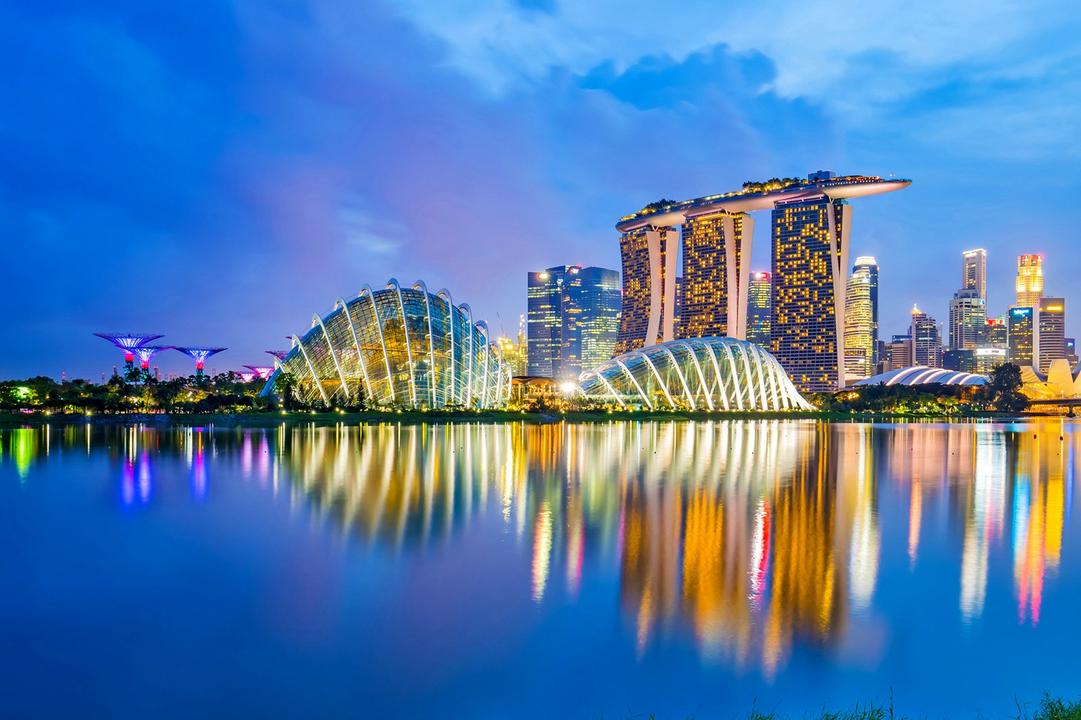
At first glance, Singapore under Lee Kuan Yew (LKY) might seem like a textbook case of tight government grip. The People’s Action Party (PAP) dominated politics from day one. Yet, unlike traditional dictatorships, the country held elections every five years, never banned opposition parties, and welcomed independent candidates to contest these polls.
Regular Elections and Genuine Opposition
One huge giveaway that Singapore was not a dictatorship? The elections. They always happened. Every five years, as required by the constitution. No delays, no excuses, no last-minute cancellations. The opposition wasn’t outlawed either. There were always independent and non-PAP parties running on the ballots. While they often faced significant hurdles, they were still on the political playing field, testing their popularity.
And here’s a biggie: no voter intimidation took place. There were never any accusations of ballot stuffing or fraud that stuck. Citizens could vote knowing their choices were counted properly. That’s democracy in its simplest, clearest form.
Lee Kuan Yew’s Complex Relationship with Democracy
But here’s the twist: LKY wasn’t exactly cheering for democracy like it was a community picnic. He *distrusted* the average voter. He thought many voters often made irrational decisions. No surprise—he once pointed out how France’s post-war democracy stumbled until Charles de Gaulle took charge.
“One-man-one-vote is a very difficult system to operate,” he famously said. According to him, democracy only worked if voters made rational choices among sensible options. If people got swayed by bad propaganda or bad parties, the system faltered. He was worried minorities were in a “captive position” in the voting system and even suggested weighting votes based on societal contributions at different life stages. That’s certainly a unique, and controversial, take on democratic representation.
Basically, LKY believed the government knew better than the general populace. He famously shrugged off popular opinion, saying, “We decide what is right. Nevermind what the people think.” But paradoxically, he still ran elections and allowed opposition voices to air, albeit tightly managed.
Why Not a Dictatorship? The Metrics
You might wonder—if PAP rules almost like a Leninist Politburo with central executive control by 18 elites, and political pluralism is limited, isn’t that basically a dictatorship? By many measures, Singapore ticks off many dictatorship boxes.
| Dictatorship Metric (According to Huntington) | Singapore’s Status |
|---|---|
| Oligarchic Leadership | PAP’s Central Executive Committee of 18 dominates, chosen internally, much like a Politburo. |
| Limited Political Pluralism | Opposition parties exist but face harsh limitations. Operation Coldstore (1963) arrested 113 opposition-linked figures, crushing major alternative parties. |
| Exercise of Power with Limited Restrictions | Government can detain without trial indefinitely. No trials for many arrested in the past (e.g., Coldstore). The judiciary must interpret statutes only according to their intended purpose—no questioning government motives. |
| Limited Grassroots Politics | Strict media controls, harsh public assembly laws, and restricted trade unions—nationwide political participation outside of PAP’s channels is minimal. |
Operation Coldstore is a stark example. Right before the 1963 elections, the government detained opposition leaders en masse, effectively wiping out major challengers. This move “crushed pluralism,” ensuring PAP’s grip went unchallenged.
So, if Singapore meets Huntington’s dictatorship checklist, why do we still *say* it is not a dictatorship? The answer lies in that one crucial element: the formal democratic processes are still intact, running on schedule, and including opposition players. This sustained mechanism sets Singapore apart. There’s a thin but visible line between authoritarian control and outright dictatorship.
The Balancing Act: Centralized Control and Democratic Facade
Singapore under LKY walks a fascinating tightrope. It’s a country where the ruling party keeps a firm hand on power, manages political expression tightly, and limits grassroots influence. Yet, they keep the democratic clock ticking. Elections persist. Opposition is allowed to exist, even if constrained. Voters cast real ballots without fear of intimidation. Not exactly a political free-for-all, but definitely not a closed dictatorship.
This blend yields some unique benefits. Singapore’s political stability and economic boom were partly enabled by this centralized, “pragmatic authoritarianism.” Sure, voters don’t always get the freedom to choose among radically different alternatives. But they get a predictable, well-run government that delivers results. Many Singaporeans value this trade-off.
Is this perfect? Definitely not. The system stifles dissent and can be criticized for lacking genuine political competition. But it raises an intriguing question: Can a country be “authoritarian but not a dictatorship”? Singapore says yes.
So, what can we learn from this?
- Democracy isn’t just about elections and parties; it’s about choice quality and freedom too.
- Strong leadership can coexist with electoral competition, if shaped strategically.
- Voter education and media freedoms matter critically for genuine democracy.
- Political control mechanisms like detention without trial challenge democratic ideals but don’t alone define dictatorship.
- One-man-one-vote systems have complexities often overlooked by outsiders.
In the end, Singapore’s story under LKY is a profile in political discipline tempered by an unorthodox kind of electoral democracy. It didn’t devolve into dictatorship because it retained core democratic rituals, inviting people to the polls to choose—even if the menu was carefully curated.
Is it an ideal democracy? Probably not. But it’s a unique case of governance, where the values of control and participation coexist uneasily but effectively.
How do you think this balance affects citizens’ long-term trust in their government? Does the lack of real political pluralism undermine or strengthen stability? Food for thought!
How did Lee Kuan Yew ensure elections were still held without becoming a dictatorship?
Elections were held regularly within five years as required by the constitution. Opposition parties were allowed to contest every election. There was no voter intimidation or fraud reported during these elections.
Why is Singapore not considered a full democracy despite having elections?
Lee Kuan Yew doubted the average voter’s ability to make rational choices. The ruling party tightly controlled politics, stifling opposition and limiting political pluralism while maintaining strict laws on media, assembly, and unions.
What role did the People’s Action Party (PAP) play in limiting political pluralism?
PAP dominated Singapore’s politics through centralized leadership. They acted against political rivals with measures like Operation Coldstore, which arrested opposition leaders. No viable political alternative to PAP has emerged since.
How did Singapore’s legal system limit checks on government power?
The judiciary applies laws without questioning their purpose. The government can detain people without trial indefinitely. This restricts judicial oversight and concentrates power within the ruling party.
In what ways did Singapore restrict grassroots political activities to avoid dictatorship?
Singapore dismantled independent media, public assembly, and trade unions. Laws limit protests and union actions. The National Trade Union Council is the only allowed labor group, reducing grassroots political mobilization.
